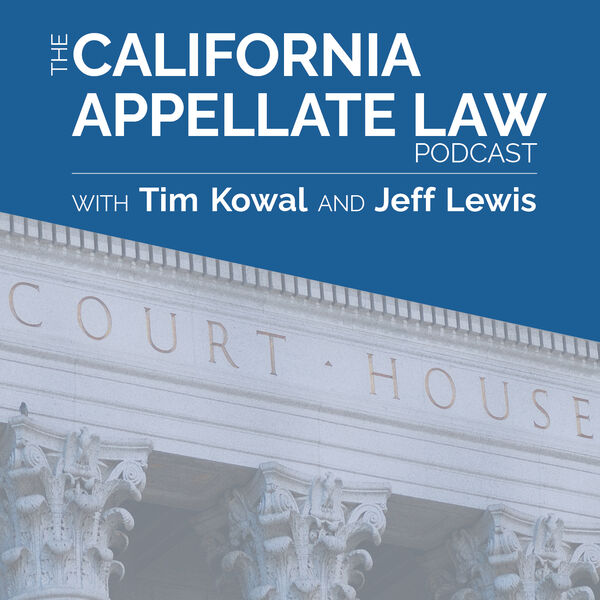
It has been called “the law that swallowed California.” CEQA, the California Environmental Quality Act, accomplished good things at its inception in 1970 but now it is used to thwart nearly any kind of development someone doesn’t want.
“CEQA is not intended as a population control measure,” observed the Court of Appeal in a recent CEQA case, Tiburon Open Space Comm. v. Cnty. of Marin (May 12, 2022, A159860), which rejected a neighborhood group’s efforts to stymie a development project. And yet the way it is used today suggests that “[s]omething is very wrong with this picture.”
In this clip, Peter Prows, an environmental attorney who handles a lot of CEQA cases, runs down the good, the bad, and the ugly of CEQA and the Tiburon case:
Watch the clip here.
This is a clip from episode 50 of the California Appellate Law Podcast. Listen to the full episode here.